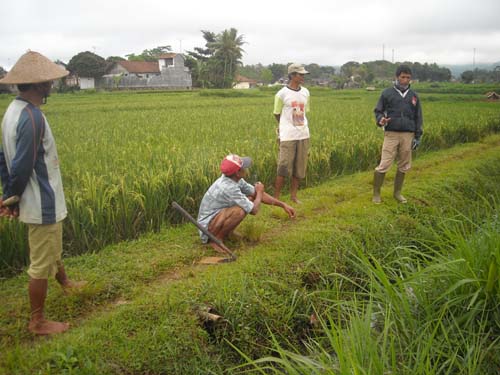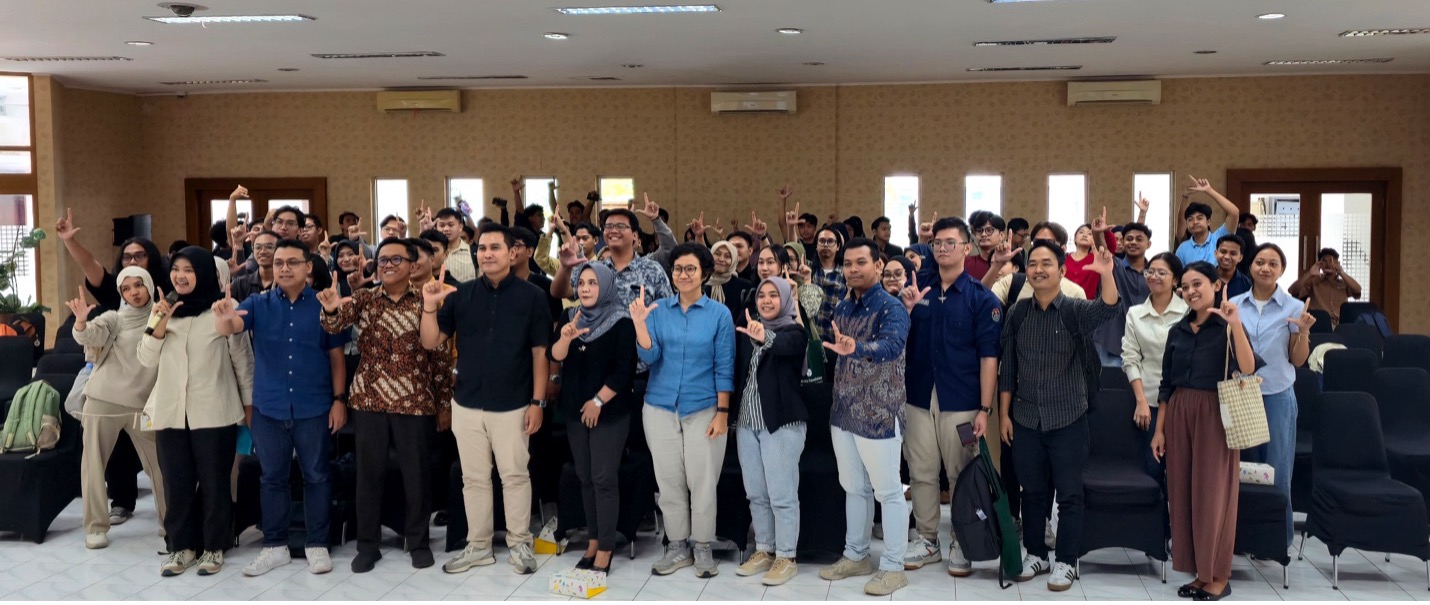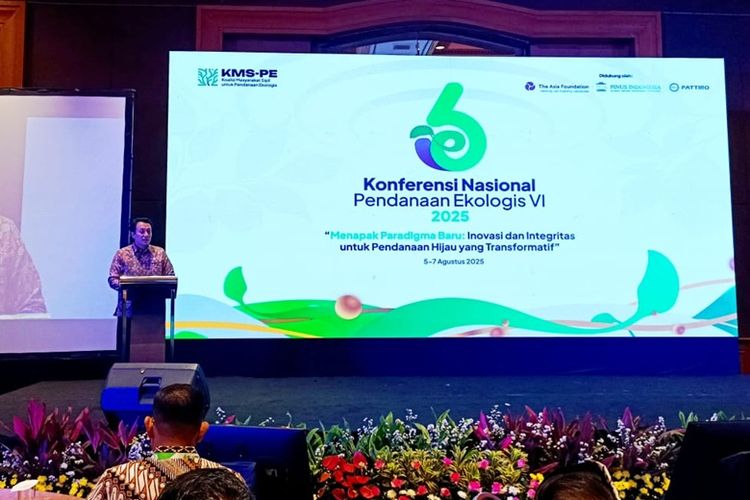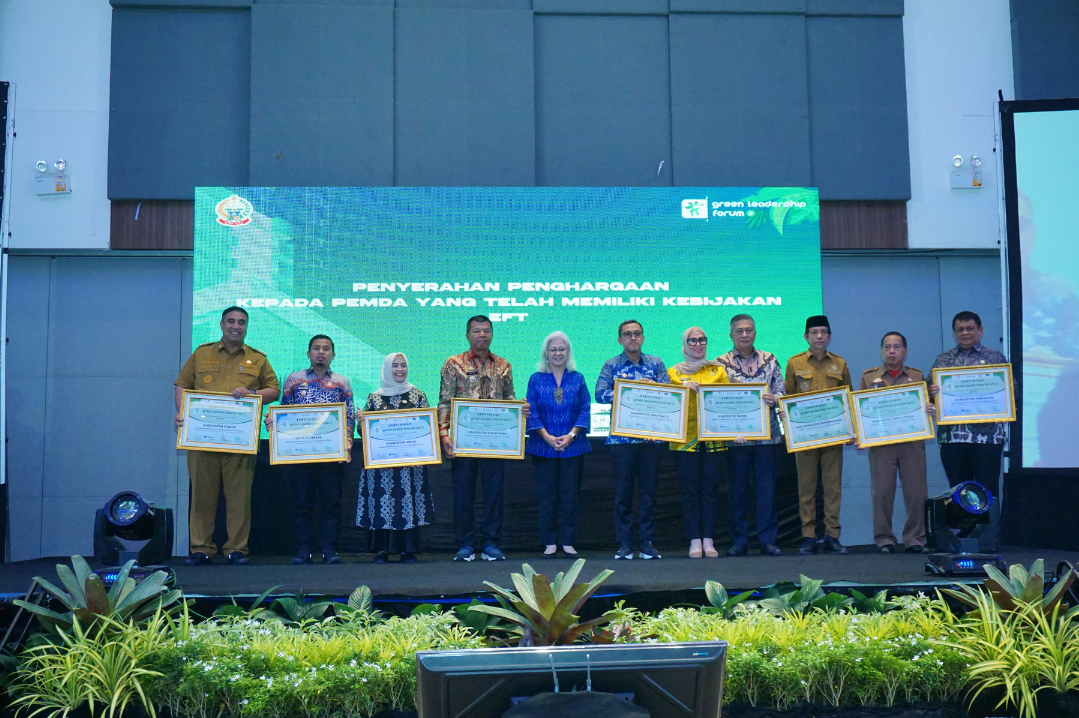Speaking of history of change and development in Indonesia without speaking of CSO role is impossible. Dynamic social and political situation in Indonesia also brings changes to CSO or NGO movement map in Indonesia. The fall of Soeharto regime and the open opportunity for democratization process in Indonesia rose the discourse of good governance, accountability and transparency. Non Governmental Organizations (NGO) who actively and continuously watch activities of State and other political institutions are growing to become monitoring agency or “watchdog”.
Since NGO involvement in General Election 1999, monitoring activities continuously grow, so that almost all aspects of State agencies are watched ny NGOs. Now Indonesia has various watcher institutions, such as Indonesian Corruption Watch (ICW), Parliament/legislative watch (DRP-Watch), Government Watch (GOWA), Police Watch (PolWatch), and budget watch (FITRA).
In order to promote just political policy, some NGOs in Indonesia build network and coallition in doing advocacy that change, influence or make law/regulation plans.
In addition, Law no. 25/1999 and Law no. 32/2004 that regulate local autonomy make autonomy transfer; from the sole autonomy of national government to local governments. This transfer was also partly caused by NGO intervention.
The fall of New Order made democratic euphoria flooded everywhere. One of the euphoria is evident in the local autonomy implementation. However, like a newborn baby, local autonomy still needs watching and monitoring. This is where PATTIRO, as leading organization in local governance issue, stands. PATTIRO cooperates with various stakeholders to create good governance at local government leve





